How A Terrorist Attack Robbed the British Royal Family Of One Of It’s Most Important Members
Lord Louis Mountbatten was killed on 27 August 1979 when members of the IRA detonated a bomb hidden underneath the boat he was on. A look into his life shows just how much he meant to the British Monarchy, both as an institution and as a family.
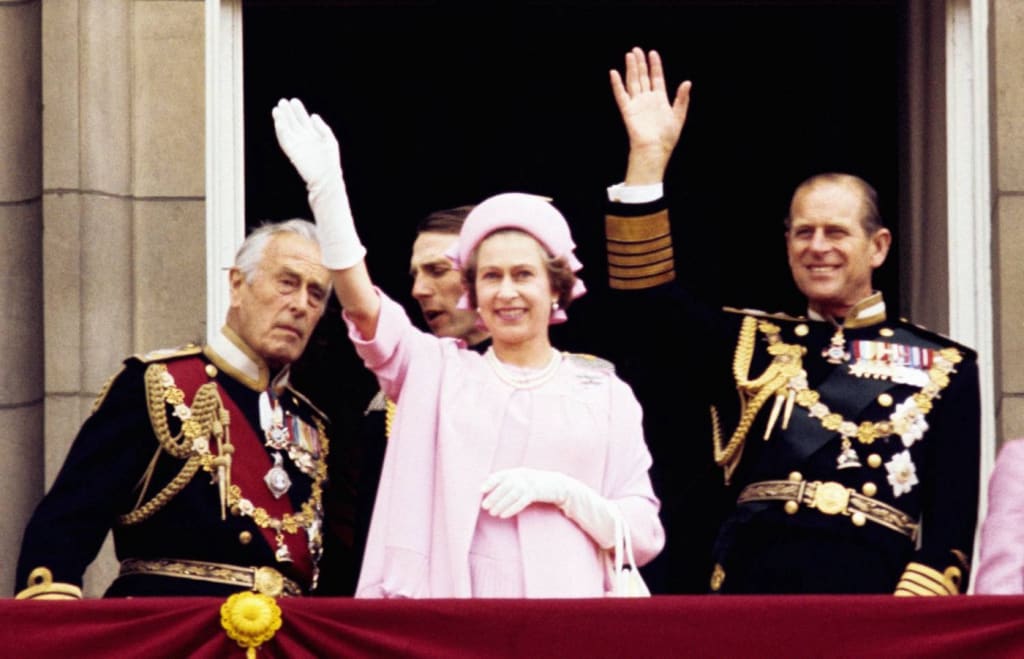
Louis Francis Albert Victor Nicholas Mountbatten was born Prince Louis of Battenberg, on 25 June 1900. As with most royal marriages at the time, both sides of Mountbatten’s family descended from prominent royal lineages. On his mother’s side, he was a great-grandchild of Queen Victoria while on his father’s side he hailed from the House of Battenberg which had ties to German, Greek, Russian and Spanish royalty.
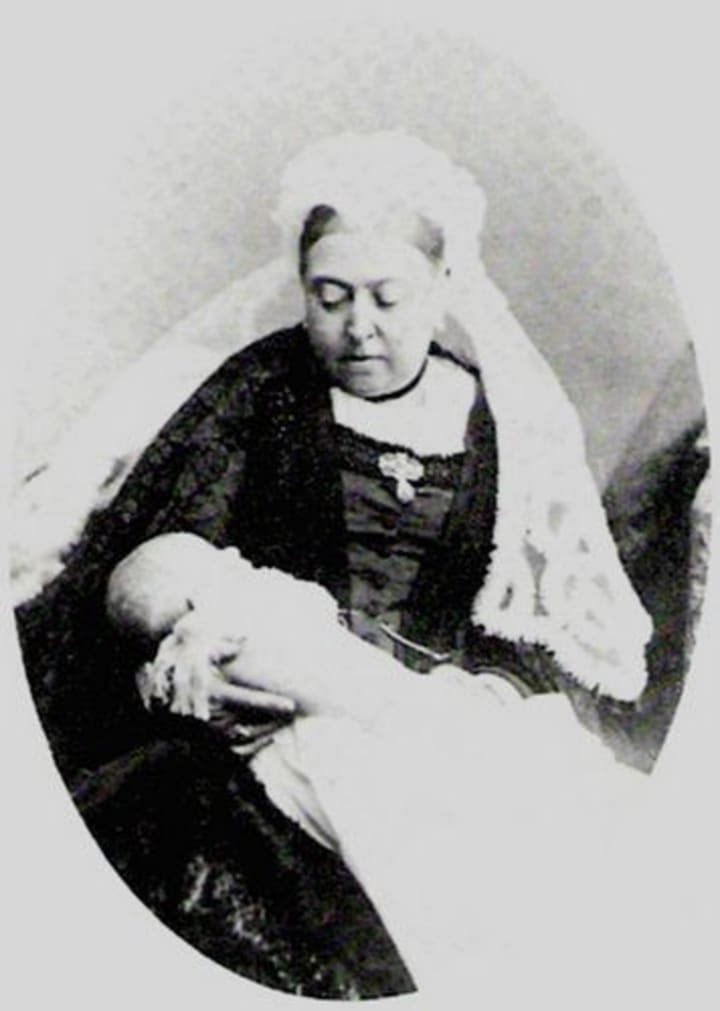
Given the nickname Dickie by his great grandmother, Louis changed his surname from Battenberg to Mountbatten on 17 July 1914 in keeping with the British Royal family’s move towards more anglicised names.
After joining the Navy, Mountbatten embarked on a highly decorated career that brought him great recognition from all over the world. Mountbatten held various influential and high ranking positions including but not limited to, Supreme Commander of the South East Asia Command, Chief of the Defence Staff and most famously as the last Viceroy of India. Mountbatten had demonstrated himself as a capable leader both during times of war and peace. He was also adept at a wide range of matters ranging from foreign to domestic policy, military and international relations.
Role in the Royal Family
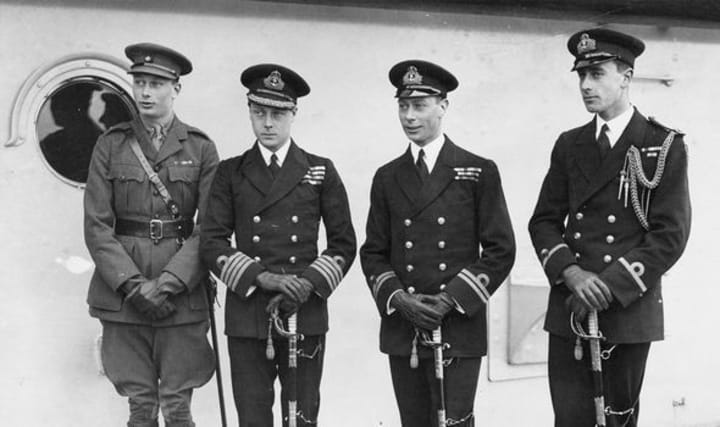
Although a member of the British Royal family himself, Mountbatten was never anywhere near the line of succession being the youngest child of one of Queen Victoria’s many granddaughters. Despite this, he frequently associated himself with the many rulers and rulers-to-be of the time and as the generations went by, his relationship with them became closer and closer. Mountbatten initially started off as a close aide to King Edward VIII during his time as Prince of Wales but he soon became much closer to the current Royal Family we know today.
In 1934, Mountbatten introduced his nephew, Philip to the King’s young niece, Prince Elizabeth. It was said to be love at first sight. Mountbatten was a father figure to his sister’s son and was a source of stability for him in his turbulent early years. Philip built a naval career for himself and crafted a hyper masculine image in the vein of his uncle whom he had long admired. However, unlike Mountbatten’s playboy lifestyle, Philip was solely in love with the young Princess his uncle introduced him to.
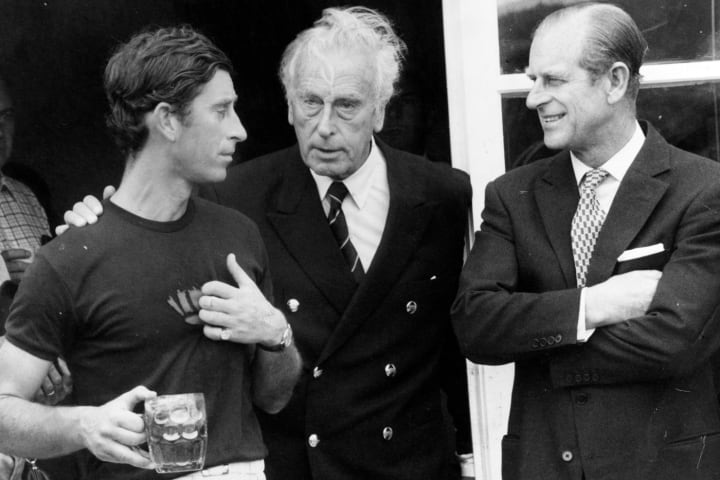
Just two years later, Elizabeth found herself as heir to the throne when her uncle abdicated and her father was thrust into the role of King. Mountbatten was happy to see the relationship between his nephew and the future Queen blossom. The two got married in 1947 and a year later welcomed their first child, Prince Charles, who would later be Mountbatten’s closest relationship in the Royal Family.
In 1952, King George died and Elizabeth soon ascended the throne, the first Queen since Mountbatten’s great-grandmother Queen Victoria. It was from this point on that Mountbatten’s role shifted from a distant relative to a senior member of the Royal Family. Mountbatten was both the uncle and father figure to the Queen’s husband and a distant relative of the Queen herself by virtue of being Queen Victoria’s great-grandson. Despite somewhat distant familial ties, the actual relationship between Mountbatten and the Royal Family essentially positioned him as the Queen’s de facto father in law. Being far enough removed from the throne to build his own influence outside the Royal Family, Mountbatten served as a bridge between the Government and the Monarchy. His firsthand experience with foreign and military matters along with his closeness to the Queen allowed him to be a perfect advisor and his council was often sought.
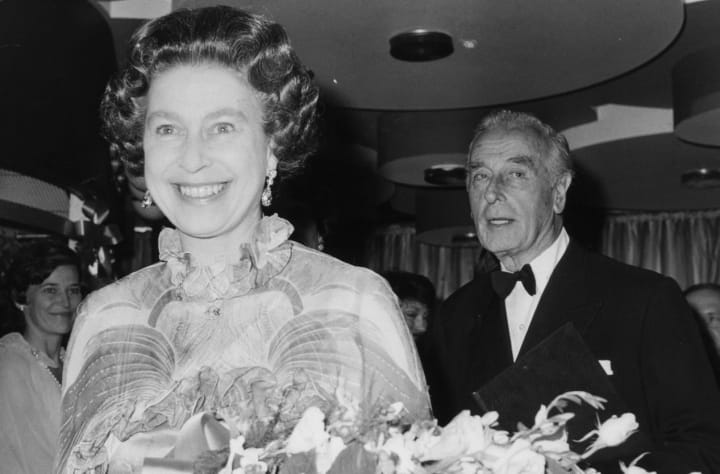
However, Mountbatten’s influence did not stop at the Queen and Prince Philip. As mentioned earlier, nobody in the Royal Family was as close to Mountbatten as the heir to the throne, Prince Charles. Although it was characteristic of the naturally ambitious Mountbatten to want to play a role in moulding the future King of England, Mountbatten also grew to love Charles as if he were his own grandson and Charles was more than reciprocative of the love of the man he affectionately dubbed his “honorary grandfather.” As a child, Mountbatten wowed Charles with his stories about the war and enjoyed taking the young prince to the beach or on outings. As Charles began to grow into a man and began to come to grips with his role as Prince of Wales, Mountbatten was his staunchest confidant, whose advice and criticisms Charles willingly took.
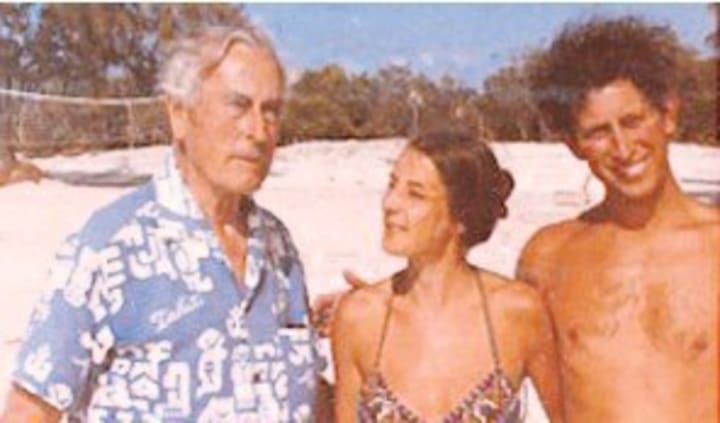
Mountbatten also had a large amount of influence in his grand-nephew’s personal life as well. Encouraging Charles to “sow his wild oats” before marriage, Mountbatten wanted to make sure Charles enjoyed his life as much as possible and not make the same mistakes that led to the abdication of King Edward XIII or “Uncle David” as he was known in the family. Mountbatten was also able to talk Charles out of his relationship with Camilla Parker Bowles and suggested his own granddaughter, Amanda Knatchbull as a suitable choice for a future wife. The relationship seemed to be progressing well with the young couple agreeing to take things slow and spending time together, vacationing at Mountbatten’s home, Broadlands. Just as he acted as a father figure to Charles’ own father, Philip when his parents were not very present in his life, he stuck by Charles and gave him the parental affection that his own parents were often unable to provide.
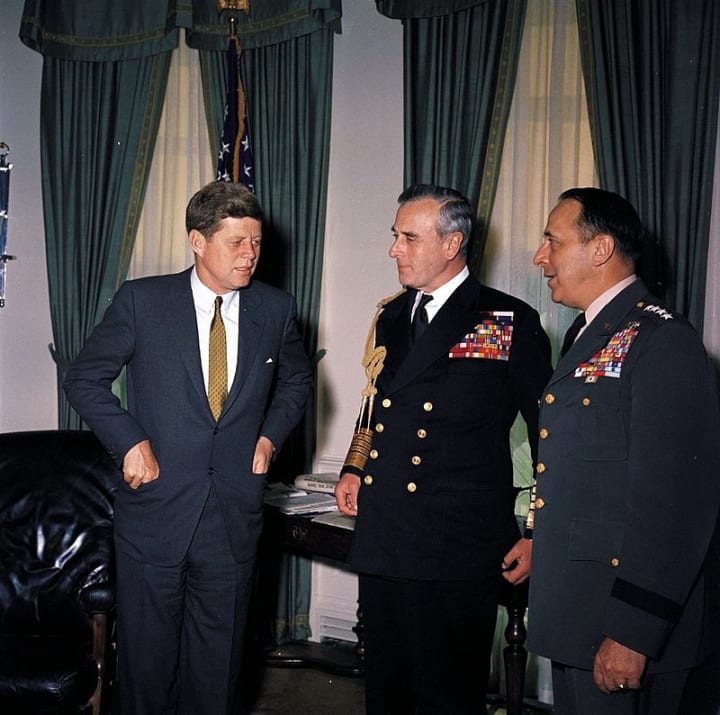
Even as he got older, many in the Royal Family still sought out the advice and company of their beloved Uncle Dickie and those outside it respected Mountbatten’s great abilities as a leader. So much so, that during a plot to oust the then Prime Minister Harold Wilson, Mountbatten was seen as the perfect candidate to take over the reins of 10 Downing Street. While it is unclear as to the extent of Mountbatten’s exact involvement in planning such a coup (if at all), what we do know for sure is that Mountbatten’s loyalties ultimately lied firmly with the Queen or rather his family and no such plan was ever carried out. Mountbatten valued the stability of the UK’s system, having lived through some of modern Britain’s most trying times.
A great leader and imposing figure on the outside, Mountbatten was also a fun loving (albeit unconventional) family man. Always present at family functions and supporting his relatives’ endeavours, it was common to see him cheering on his grand-nephew, Charles at many of his polo games. In many ways, Mountbatten was a relic from a past generation who stayed around to help a Royal Family that was just properly finding its feet. He was also never afraid to step into a more paternal role towards his younger relatives, advising them not only on how to rule a country but how to grow as people. While many may remember what he did for his country, his role in aiding the monarchy as a family should not go unnoticed.
Mountbatten’s Assassination
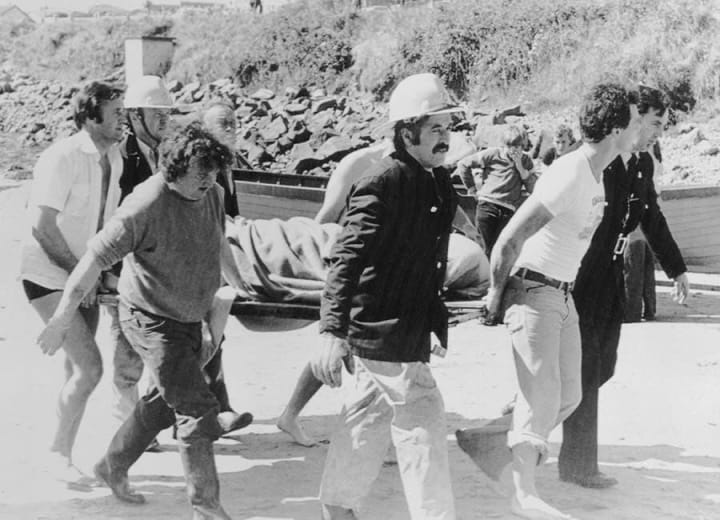
As he had always done most summers, Mountbatten and his family went on a holiday to their summer home, Classiebawn Castle in the Republic of Ireland. Mountbatten was well aware of the risks that came with holidaying in a place so close to an IRA stronghold. He had been a known target of the IRA since the 60s and had narrowly avoided death just a year before when a sniper sent to kill him on his boat was forced to abort his mission due to choppy waters. Despite this, Mountbatten was undeterred. He had an affinity for the area and believed that he had become a less valuable target for assassination in his old age and retirement from official duties.
The morning of 27 August 1979 started off as normal for Mountbatten and his family. After breakfast, the family boarded Mountbatten’s 30ft fishing boat, Shadow V to indulge in a bit of lobster potting. As this was a private family holiday, there was no security and the boat had not been inspected prior to Mountbatten’s boarding. Accompanying Mountbatten that morning were his daughter Patricia and her husband John Brabourne, their 14 year old twin sons Nicholas and Timothy, the 83 year old Dowager Lady Brabourne and 15 year old Paul Maxwell who was a boat boy and friend to the family.
A few moments after setting off into the coast, the bomb planted underneath the boat from the night before, was detonated. It was a violent explosion that ripped the boat to smithereens. Mountbatten’s grandson Nicholas and the boat boy Paul Maxwell were killed instantly. Mountbatten himself, who was believed to have been standing directly above the bomb, was dragged to shore by rescuers. His legs almost blown off by the blast, Mountbatten died just as he was brought to shore. He was 79 years old. The next day, his son in law’s mother succumbed to her injuries in hospital while Mountbatten’s daughter, son in law and surviving grandson were treated for severe injuries all of which they fully recovered from.
It was a quick, violent and unceremonious death for a man of his standing. The brutality of such an attack was also something that cannot be understated. Titles and name value aside, the explosion claimed the lives of two elderly people and two young teenagers while severely injuring three of their closest relatives. To the British people, it was a heinous attack against the institution that represented them. To the Royal Family, it was far more personal. It was the cold blooded murder of a dear relative.
Aftermath
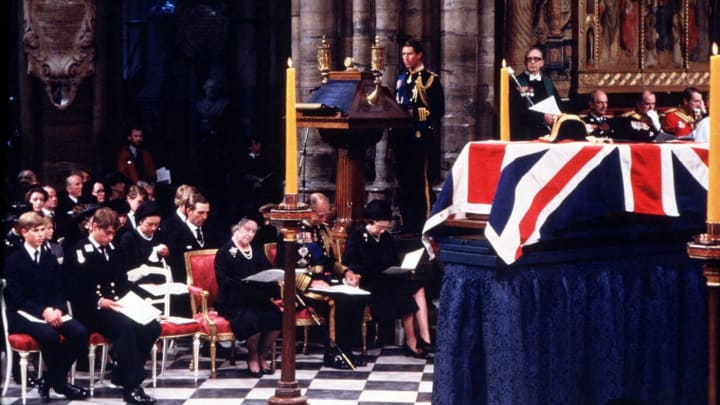
Mountbatten’s death rocked Britain. In many ways, he was the last symbol of Britain’s imperial glory days who modernised his role as a senior member of the Royal Family. The IRA also used this to their advantage. Instantly taking responsibility for the bombing, they sent a message that was loud and clear. If they could take out somebody like Louis Mountbatten, they would have no problem going after the average Briton. As politically motivated as the attack was, they also succeeded in sending a personal message to the Monarchy itself by killing a man who was not only beloved by the family, but also seen as the person behind the next King of England. Thomas McMahon, an IRA bomb maker was the only person arrested in relation to Lord Mountbatten’s assassination and was sentenced to life in prison. He was released after serving close to 19 years as part of the Good Friday agreement.
Mountbatten’s funeral, which took place a week after his death, was a funeral fit for a King. In following with the detailed instructions left behind by Mountbatten himself, he was laid to rest with full military honours and the proceedings were attended by around 2000 guests among whom were the entire extended Royal Family, members of the British Government and Military as well as a whole host of foreign dignitaries. Many more people watched the funeral from the street or on television. It was a somber occasion where everybody gathered to mourn a polarizing but nonetheless symbolic figure in British history.
Few were as affected by Mountbatten’s death as his grand-nephew, Prince Charles. Visibly upset throughout the whole funeral, Charles had lost the most influential figure in his life. He had lost not just a mentor or advisor but a man whom he loved like his own grandfather, a man whom Charles could confide in and whose company provided him more comfort than even that of his own parents. On top of that, Charles’ relationship with Mountbatten’s granddaughter, Amanda would soon come to an end after she rejected his proposal of marriage a short time after Mountbatten’s death. Had Mountbatten continued to stay alive, it was highly likely that the relationship would have continued further and the monarchy as we know it today, would have been very different.
For an extended period of time, Mountbatten’s death haunted Charles but in 2015, he visited the site where Mountbatten was killed and gave an emotional speech in tribute to his great-uncle. Describing him as “the grandfather I’d never had” it was clear that after all these years, the love Charles had for Mountbatten remained strong as ever even after moving past the trauma of his sudden loss. Following Prince Philip’s death earlier this year, Sinn Fein President, Mary Lou McDonald apologised for the IRAs actions in causing Mountbatten’s death. It seemed that after over 40 years, wounds were beginning to heal.
While the British people have since moved on from the loss of a powerful leader and a symbolic figure, the Royal Family lost a beloved father, grandfather and uncle. Regardless of whatever opinions people may have of Mountbatten or the British Royal Family as a whole, one cannot deny that the brutal murder of a close relative is something far more difficult to heal from than the death of a public figure. Mountbatten’s death may have shook his country for a time but it has had effects on the Royal Family that they can never move away from. With Charles next in line to the throne and all that’s happened in his life, one can only imagine how different it would have been had he continued to have the support and advice of his dear Uncle Dickie.
About the Creator
Isa Nan
Written accounts of life, death and everything in between


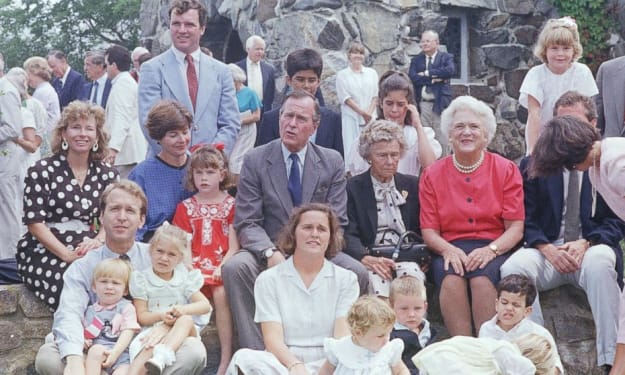



Comments
There are no comments for this story
Be the first to respond and start the conversation.